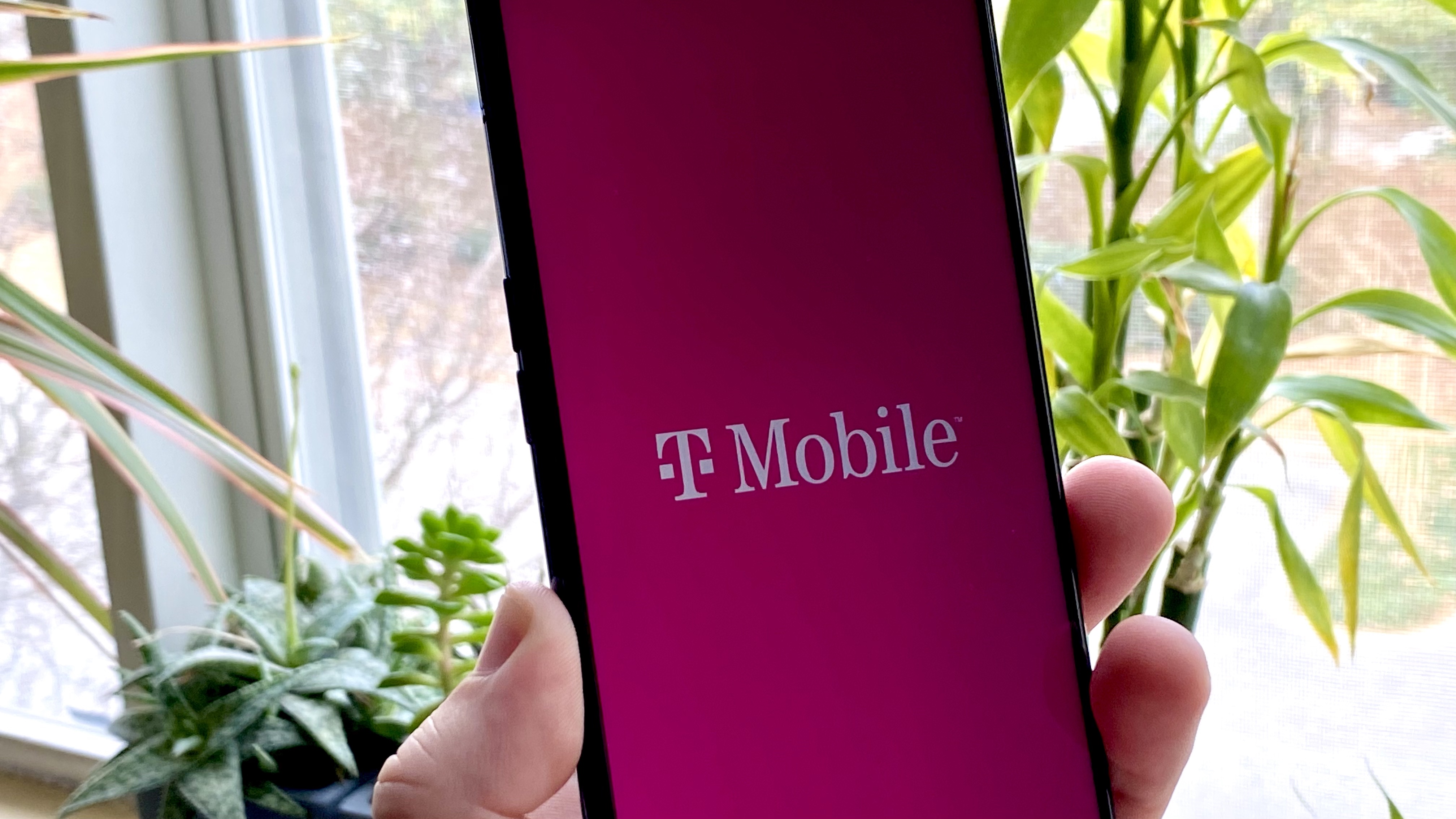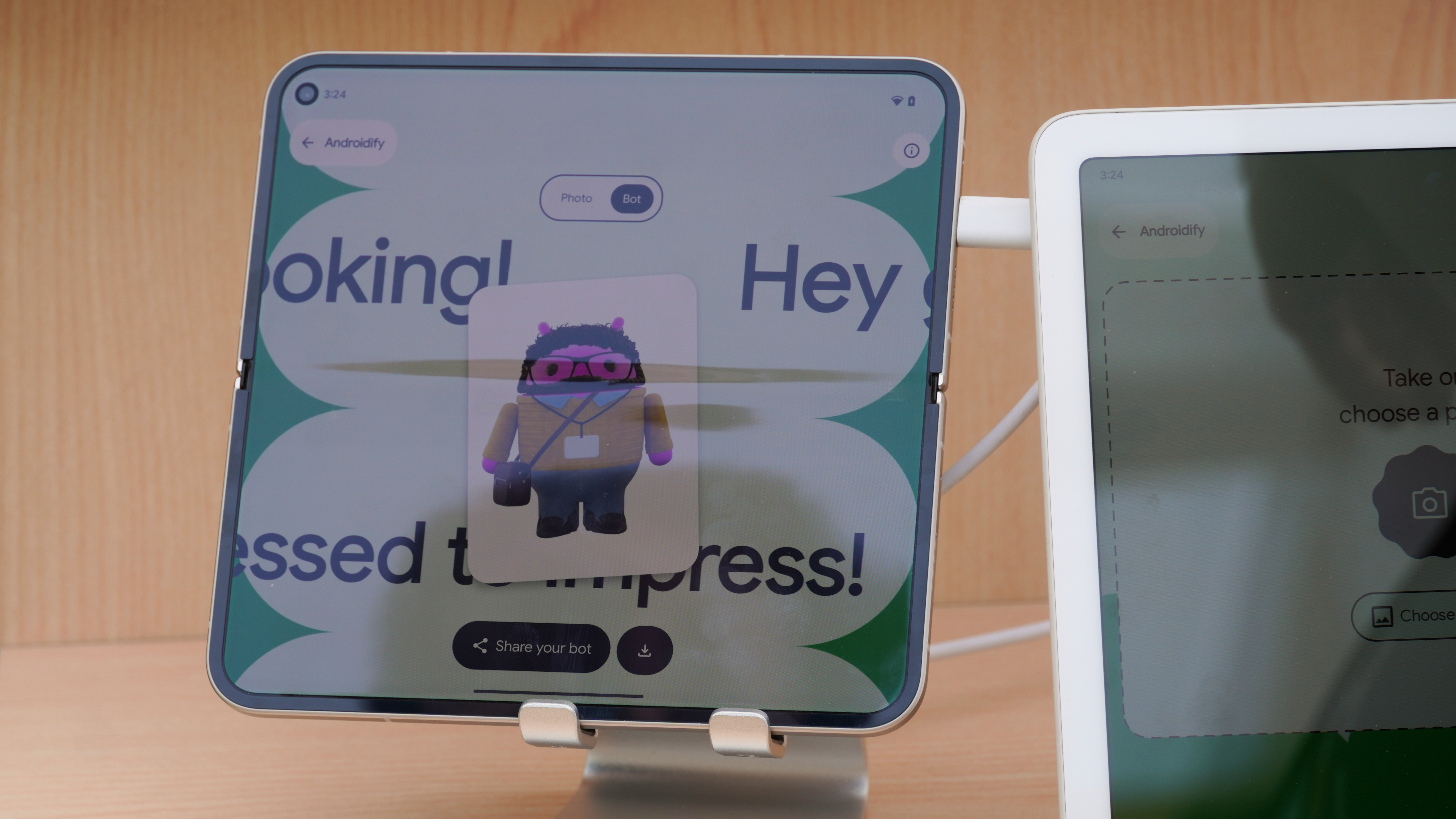T-Mobile could soon require PINs to number port-outs for improved security
A Number Transfer PIN can prevent unauthorized account changes

Edit 3/17/22: T-Mobile has confirmed to Android Central that the carrier will be implementing Number Transfer PINs to add an additional layer of security to protect customers from unauthorized port outs. This article has been updated to reflect this.
What you need to know
- T-Mobile is bringing NTP, Number Transfer PINs, to its consumer postpaid accounts.
- T-Mobile users will generate a PIN prior to number port-outs on the T-Mobile app or their account page at T-Mobile.com.
- This process adds another layer of security making it more difficult for unauthorized users to gain access to SMS-based two-factor authentication codes.
Following both AT&T and Verizon, T-mobile will add Number Transfer PINs (NTP) to its port-out process. According to a document obtained by The T-Mo Report, and confirmed by Android Central, the carrier will implement a new process to add a layer of security to the number port-out process. Porting out a number means moving a number to a new SIM card and is used when a customer changes carriers.
In order to port-out their phone number, postpaid T-Mobile customers will need to generate a random six-digit PIN using the T-Mobile app or by accessing their account on T-Mobile's website. This process has yet to be implemented with T-Mobile noting the update is coming soon.
This feature is targeted at eliminating unauthorized number port-out activity. While adding another step to the port-out procedure can be annoying, this added level of security is important for customer security across the web. While you should be moving away from SMS-based two-factor authentication if possible, many institutions still rely on this tech to confirm your account login attempts. This method of two-factor authentication sends your phone an additional code needed to log in to your account by SMS.
By the way, never tell anyone your security codes even if they claim to work for a company you do business with. A legitimate customer service representative will never ask for these codes. If you've gotten in contact with one of these people by mistake, hang up immediately and contact your financial institution.
This added security will be a great benefit for customers looking to switch to T-Mobile. Even if you're a T-Mobile customer looking to switch to one of the other best cell phone plans, the extra security will be to your benefit in your remaining time with the carrier.
Get the latest news from Android Central, your trusted companion in the world of Android

When Samuel is not writing about networking or 5G at Android Central, he spends most of his time researching computer components and obsessing over what CPU goes into the ultimate Windows 98 computer. It's the Pentium 3.

